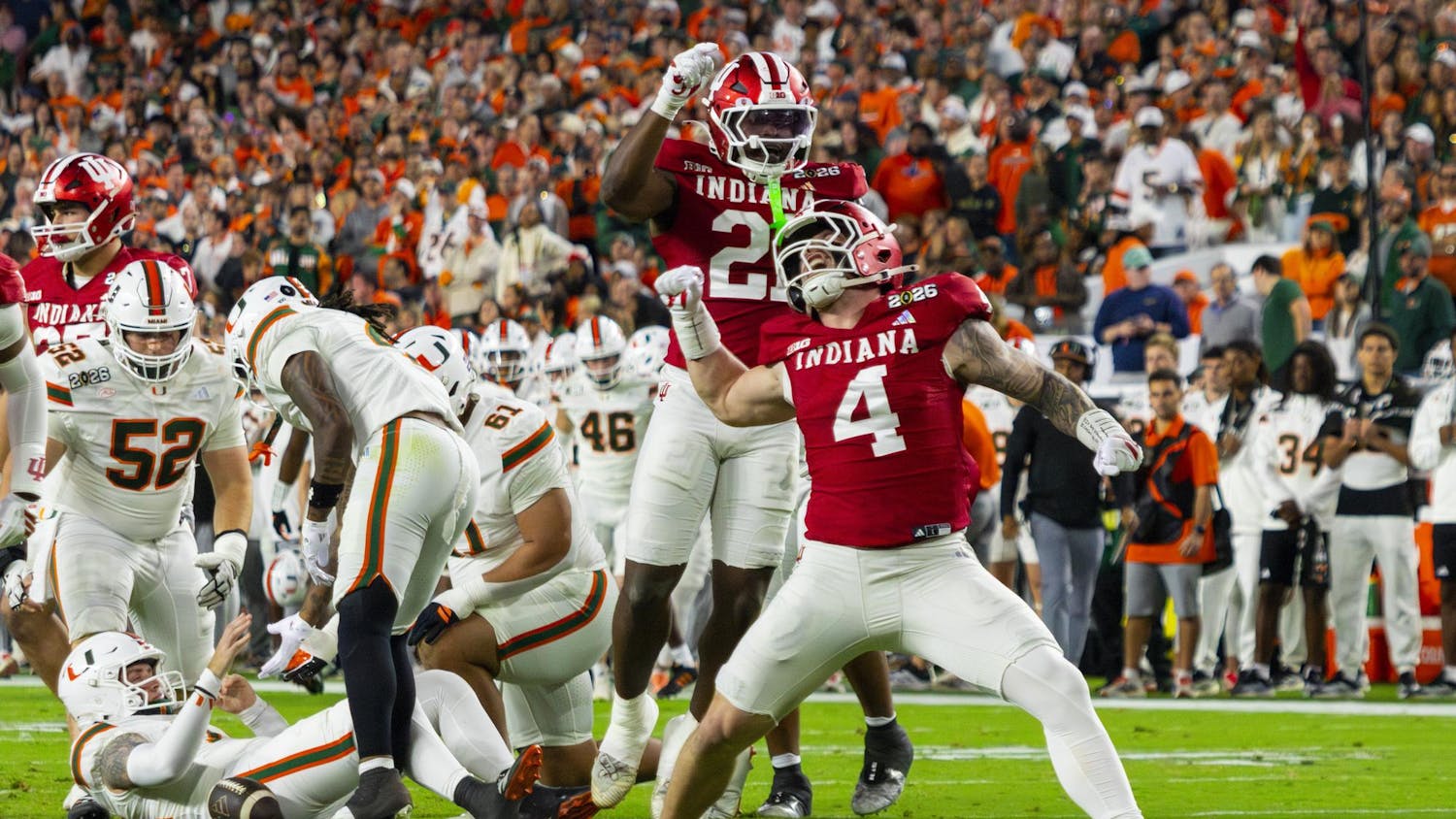More undergraduate lab research is on the way for IU-Purdue University Indianapolis students this summer, thanks to a National Science Foundation grant awarded to the school.
The School of Science at IUPUI announced Jan. 7 that it received a five-year grant worth $943,000 to fund a new research and mentoring program for students working in biological signaling beginning this summer.
Biological signaling includes work done by experts in multiple fields, said Brenda Blacklock, assistant research professor of chemistry and chemical biology. These include biology, chemistry, physics and informatics, among others.
Most of the money from the grant will be used to pay stipends for undergraduate researcher students in the program, Blacklock said. Some will also be used to fund workshops and seminars for accepted students.
Blacklock and Associate Professor of Biological Sciences Stephen Randall said they applied for the grant for three primary reasons: to help graduate school-bound students find paid research opportunities, to bring more minority students into research labs and to attract students to IUPUI.
Blacklock said students working in labs tend to be “pulled between multiple things.”
In addition to their lab and school work, she said, many IUPUI science students are working to pay for their education.
“This grant will help them not have to work outside of their research,” she said.
Because the program will only accept students who are on track to attend graduate programs in science, Blacklock said faculty can focus on creating programs and experiences that will be helpful for high performing science students. In that regard, she said this program may make IUPUI more attractive to potential students.
“We’re hoping it will bring people to IUPUI that otherwise wouldn’t consider it,” she said.
The IUPUI School of Science is currently accepting applications for the first group of students. Thus far, Blacklock said they have received about 20.
When the grant ends in five years, Blacklock said she is hopeful the NSF will continue to grant them funds for the program.
“There’s also the possibility that the University will fund it, that they’ll see the good things the program is doing,” she said.
IUPUI grant attracting student science researchers
Get stories like this in your inbox
Subscribe





